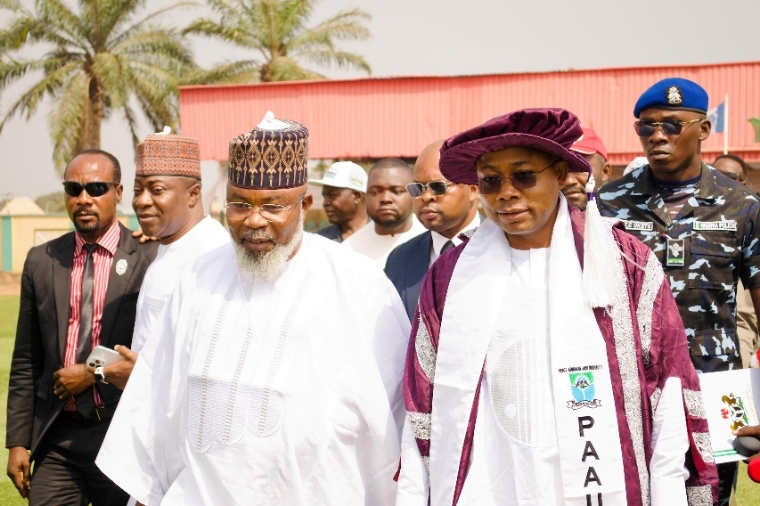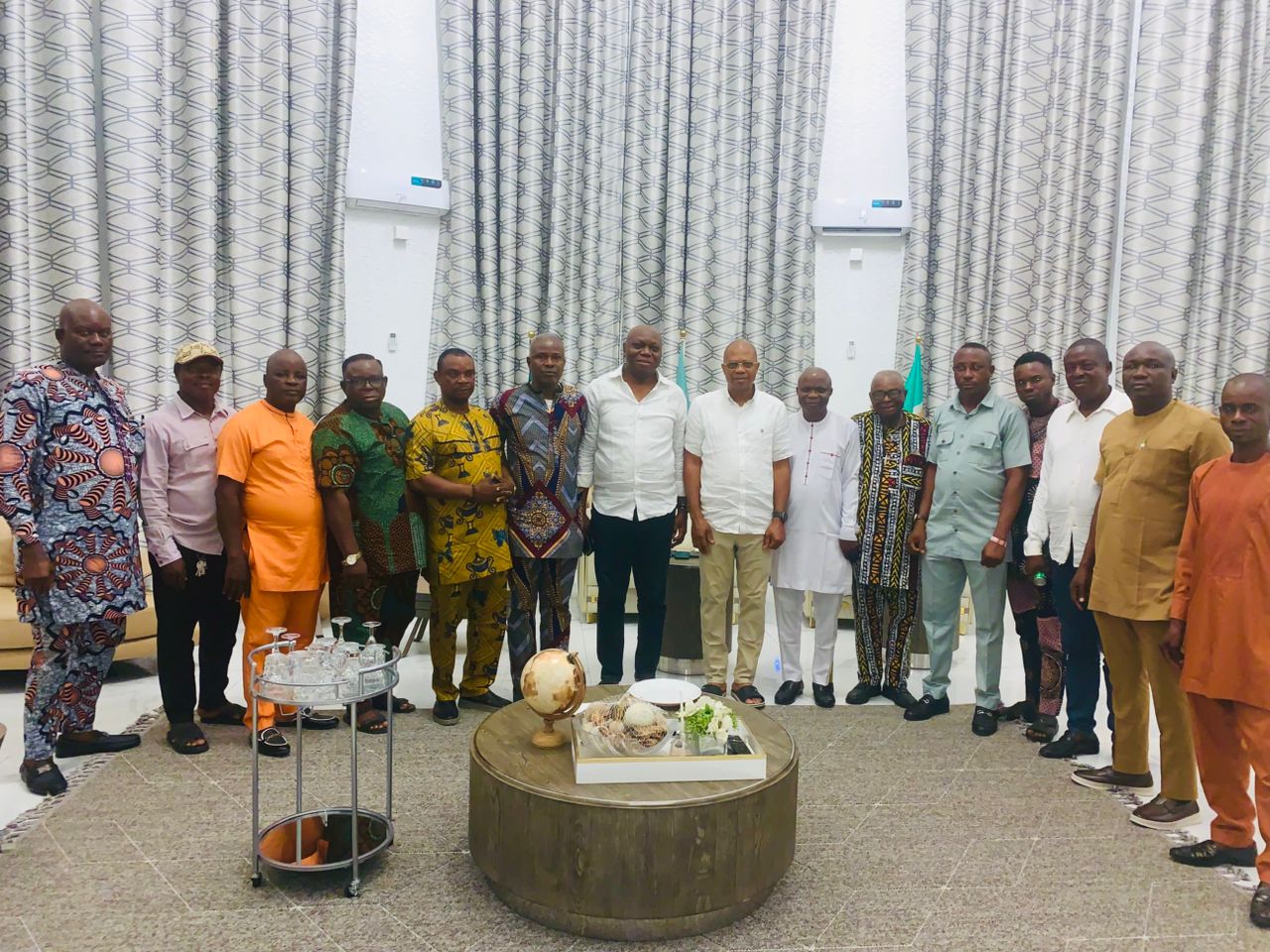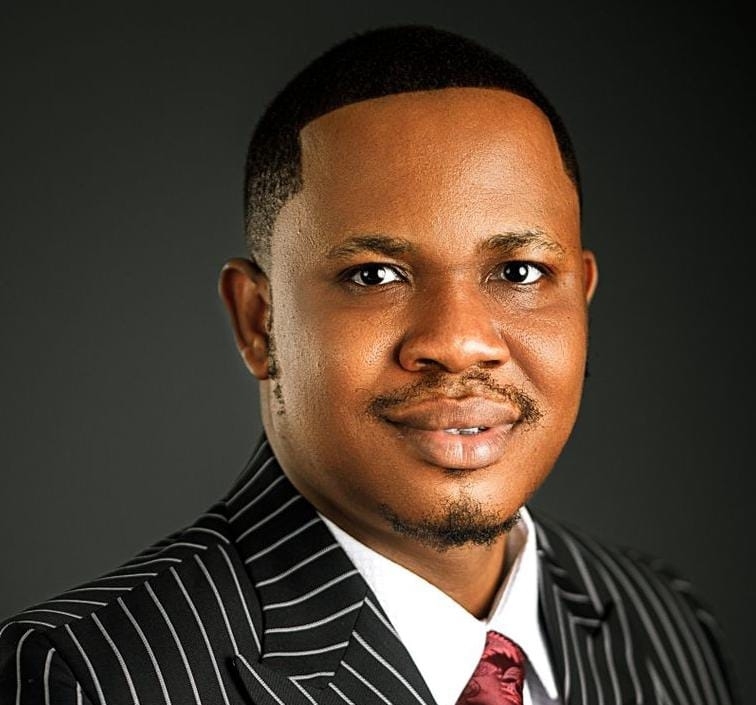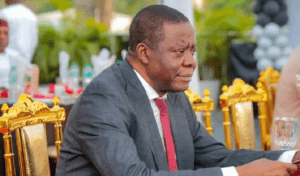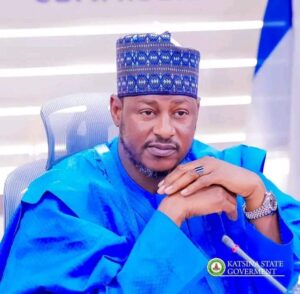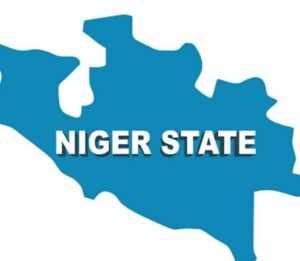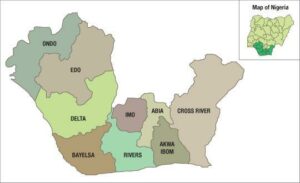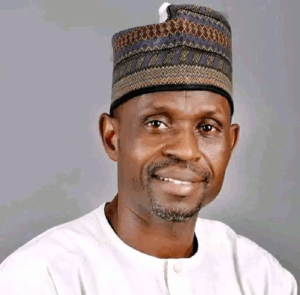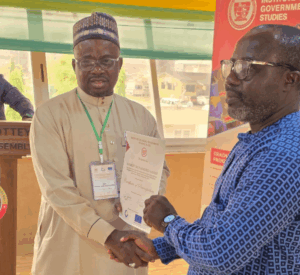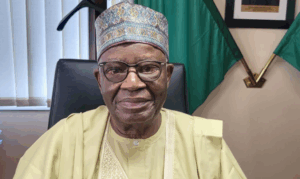Chibok Girls ‘Forced to Join Nigeria’s Boko Haram’
This post has already been read at least 111402 times!
Some of the Chibok schoolgirls kidnapped in
Nigeria have been forced to join Islamist
militant group Boko Haram, the BBC has been
told.
Witnesses say some are now being used to
terrorise other captives, and are even carrying
out killings themselves.
The testimony cannot be verified but Amnesty
International says other girls kidnapped by Boko
Haram have been forced to fight.
Boko Haram has killed some 5,500 civilians in
Nigeria since 2014.
Two-hundred-and-nineteen schoolgirls from
Chibok, are still missing, more than a year after
they were kidnapped from their school in
northern Nigeria. Many of those seized are
Christians.
Three women who claim they were held in the
same camps as some of the Chibok girls have
told the BBC’s Panorama programme that some
of them have been brainwashed and are now
carrying out punishments on behalf of the
militants.
Seventeen-year-old Miriam (not her real name)
fled Boko Haram after being held for six months.
She was forced to marry a militant, and is now
pregnant with his child.
Recounting her first days in the camp she said:
“They told to us get ready, that they were going
to marry us off.”
She and four others refused.
Human cost of Boko Haram
219 of the Nigerian schoolgirls kidnapped from
Chibok by Boko Haram in April 2014 are still
missing.
They are among at least 2,000 women and girls
abducted by Boko Haram since the start of 2014
(Amnesty figures)
Since the start of 2014 Boko Haram has killed
an estimated 5,500 civilians in north-east Nigeria
(Amnesty figures)
Who are Boko Haram?
Chibok: What we know a year on
Why Boko Haram remains a threat
“They came back with four men, they slit their
throats in front of us. They then said that this
will happen to any girl that refuses to get
married,”
Faced with that choice, she agreed to marry, and
was then repeatedly raped.
“There was so much pain,” she said. “I was only
there in body… I couldn’t do anything about it.”
While in captivity, Miriam described meeting
some of the Chibok schoolgirls. She said they
were kept in a separate house to the other
captives.
“They told us: ‘You women should learn from
your husbands because they are giving their
blood for the cause. We must also go to war for
Allah.'”
She said the girls had been “brainwashed” and
that she had witnessed some of them kill several
men in her village.
“They were Christian men. They [the Boko
Haram fighters] forced the Christians to lie
down. Then the girls cut their throats.”
It is not possible to independently verify
Miriam’s claims. But human rights group
Amnesty International said their research also
shows that some girls abducted by Boko Haram
have been trained to fight.
“The abduction and brutalisation of young
women and girls seems to be part of the modus
operandi of Boko Haram,” said Netsanet Belay,
Africa director, research and advocacy at
Amnesty International.
‘They had guns’
The Chibok schoolgirls have not been seen since
last May when Boko Haram released a video of
around 130 of them gathered together reciting
the Koran . They looked terrified.
Amnesty International estimates more than 2,000
girls have been taken since the start of 2014.
But it was the attack on the school in Chibok
that sparked international outrage.
Michelle Obama made a rousing speech a few
weeks after their abduction, demanding the girls’
return.
Millions of people showed their support for the
#bringbackourgirls campaign. The hashtag was
shared more than five million times.
Boko Haram has been trying to establish an
Islamic State in the region, but it has recently
been pushed back by a military force from
Nigeria and its neighbours. Hundreds of women
and girls have managed to escape during these
raids.
Anna, aged 60, is one of them. She fled a camp
in the Sambisa forest in December where she
was held for five months. She now sits beneath
a tree close to the cathedral in the Adamawa
state capital of Yola. Her only possessions are
the clothes she ran away in.
She said she saw some of the Chibok schoolgirls
just before she fled the forest.
“They had guns,” she said.
When pressed on how she could be sure that it
is was the Chibok schoolgirls that she’d seen,
Anna said: “They [Boko Haram] didn’t hide them.
They told us: ‘These are your teachers from
Chibok.’
“They shared the girls out as teachers to teach
different groups of women and girls to recite the
Koran,” Anna recalled.
“Young girls who couldn’t recite were being
flogged by the Chibok girls.”
Like Miriam, Anna also said she had seen some
of the Chibok schoolgirls commit murder.
Conversion attempt
“People were tied and laid down and the girls
took it from there… The Chibok girls slit their
throats,” said Anna.
Anna said she felt no malice towards the girls
she had seen taking part in the violence, only
pity.
“It’s not their fault they were forced to do it.”
she added. “Anyone who sees the Chibok girls
has to feel sorry for them.”
Exposing women to extreme violence seemed to
be a strategy used by Boko Haram to strip them
of their identity and humanity, so they could be
forced to accept the militants’ ideology.
Faith (not her real name) aged 16, who is
Christian, described how Boko Haram fighters
tried to force her to convert to their version of
Islam.
“Every day at dawn they would come and throw
water over us and order us to wake up and start
praying.”
“Then one day they brought in a man wearing
uniform. They made us all line up and then said
to me: ‘Because you are always crying, you will
must kill this man.’
“I was given the knife and ordered to cut his
neck. I said I couldn’t do it.
“They cut his throat in front of me. That’s when I
passed out.”
Faith said she had seen at least one Chibok
schoolgirl who had been married off to a Boko
Haram militant during her four months in
captivity.
“She was just like any of the Boko Haram
wives,” she explained. “We are more scared of
the wives than the husbands.”
Long road to recovery
With hundreds of women and children recently
rescued from Boko Haram strongholds in the
Sambisa forest, the Nigerian government has set
up a programme to help escapees.
Many fled captivity, only to discover that some
or all of their family members had been killed by
Boko Haram. Others have been cast out from
their communities, who now consider them
“Boko Haram wives”.
Dr Fatima Akilu is in charge of Nigeria’s counter-
violence and extremism programme. She is
currently looking after around 300 of the recently
rescued women and children.
“We have not seen signs of radicalisation,” she
told us. “But if it did occur we would not be
surprised.”
And she added: “In situations where people have
been held, there have been lots of stories where
they have identified with their captors.”
Dr Akilu said beatings, torture, rape, forced
marriages and pregnancies were common in
Boko Haram camps.
“We have a team of imams… that are trained to
look out for radical ideas and ideology.
“Recovery is going to be slow, it’s going to be
long… It’s going to be bumpy.”
As the hunt for the Chibok schoolgirls continues,
and questions are raised about what state they
will be in if they ever return home, those who
have managed to escape are beginning the
mammoth task of coming to terms with their
experiences.
“I can’t get the images out of my head,” said
Anna, breaking down in tears. “I see people being
slaughtered. I just pray that the nightmares don’t
return.”
For others, the nightmare is continuing every
day. Miriam is expecting her baby any day now.
“I hope that the baby is a girl,” she said. “I would
love her more than any boy. I’m scared of having
a boy.”
Miriam’s future is bleak. She is terrified her
“husband” will find her and kill her for running
away. Her community has also rejected her.
“People consider me an outcast,” she said.
“They remind me that I have Boko Haram inside
me.”
Panorama: The Missing Stolen School Children is
on BBC One at 20:30 BST on Monday 29 June
and available later via iPlayer.
Source: BBC
This post has already been read at least 111402 times!

